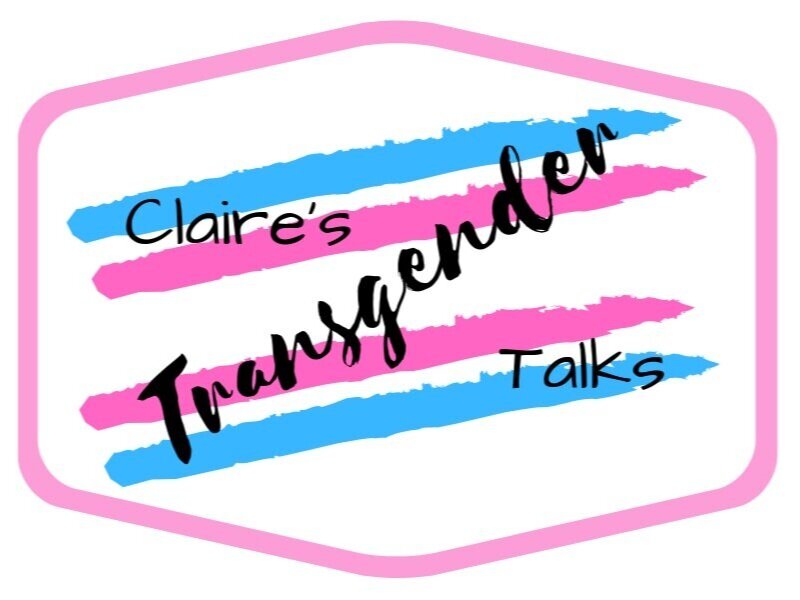Transgender Awareness Week 2020 #2
Today, we are delving back into UK Hate Crime, as Galop, the LGBT+ anti-violence charity have just released their Transphobic Hate Crime Report for 2020.
Once again this makes for sobering reading.
Key Findings from the Galop report:
Other, very notable findings show that:
6 in 10 respondents had experienced transphobia online
5 in 10 had experienced transphobia in the street
More than 5 in 10 respondents had received transphobic abuse from a stranger
Nearly 5 in 10 had received transphobic abuse from a transphobic ‘activist’, and 2 in 10 had been targeted by a coordinated group
4 in 10 had received transphobic abuse from a relative
All of which reinforces that not only is transphobic abuse prevalent, its is commonly accepted, and no-one outside of those affected take it seriously. This is unsurprising to trans people in general, who have been subjected to press, media and social media abuse for many years.
Social Media
Social Media are inherently complicit in this - while the big platforms have anti-abuse policies, these are rarely enforced and often weaponised against trans people.
Abuse on Twitter can be particularly virulent, with abusers hiding behind a cloak of easily generated, mass produced anonymous accounts which are used to both make hate groups appear to be larger than they are (creating the perception of common, widespread support), and to overwhelm both trans people and organisations with abusive comments.
Organised anti-trans activists also use these mass generated accounts to "game" automated social media reporting systems - selecting a trans person then creating spurious "reports" en mass in order to get the trans person's account restricted or banned, effectively silencing them. This works because the automated systems are rarely checked for this type of false activity, allowing it to continue unchecked.
Facebook is not immune either, playing host to a large number of anti-trans groups and pages which go ignored, as does targeted hatred by members of these groups.
Mental Health
Unsurprisingly, this has a significant effect on the mental health of transgender people.
70% of respondents stated that transphobia had an impact on their mental health.
Nearly 50% of respondents said they had self-harmed and more than 50% had contemplated self-harm or suicide.
Nearly two thirds of respondents were unable to use public toilets due to transphobia and more than half were unable to leave their house.
70% of respondents said that transphobia made them feel more insecure about their appearance and nearly 60% felt that transphobia either caused or exacerbated their gender dysphoria.
80% of respondents said that they had avoided seeking medical treatment out of fear of experiencing transphobia and nearly half had received incorrect medical treatment due to transphobia.
This effect is fully intentional by those who oppose transgender people.
Platforming Hate
By creating and maintaining a hostile atmosphere in which transgender people are fearful of using services, facilities and participating in society, those who oppose transgender people are aiming to socially mandate us out of existence by making it too difficult to participate.
This is the atmosphere created by 4+ years of anti-trans media "reporting" - articles based on outright lies, half truths, misinformation and deliberate misinterpretation have been prevalent on almost every single print media platform in the UK, as well as within programmes produced by the UK national broadcaster, the BBC.
The effect of this can be summed in easily in one respondents comment :
“… The fear is particularly prevalent when public figures – politicians, high profile newspaper columnists etc – demonise trans people in print or on air;
it makes the fear more pronounced because you worry someone’s going to act on it.”
Police Reporting
Has hate crime reporting to the police increased? Overall the answer is yes, however there is still an awful long way to go, as the following findings show.
Only 1 in 7 respondents reported their experience to the police
More than 1 in 3 respondents who did not report chose not to do so because they were fearful of transphobia from the police
7 in 10 felt that the police could not help them
1 in 3 said that they experienced too many incidents to report them all
Personally, I have found Essex Police's responses to be very good in terms of handling and explanation, however misgendering is still commonplace.
It is clear however that many trans people do not feel the same way, and more work needs to be done around the importance of reporting, reporting paths, and outcomes.


